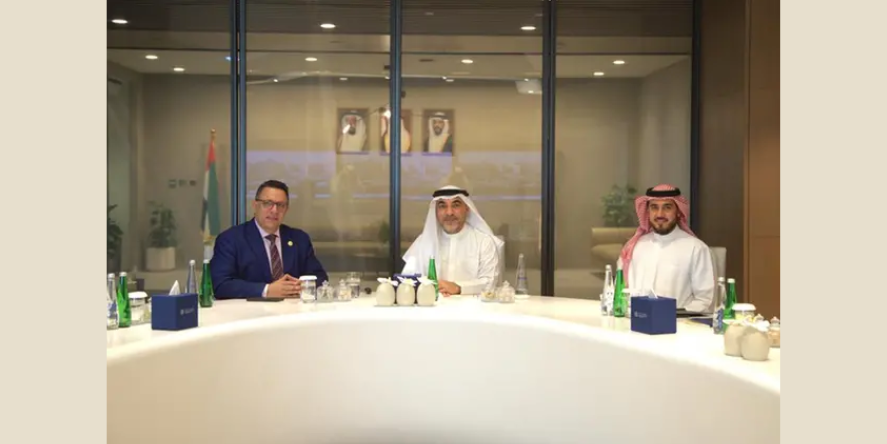In order to limit the spread of illegal online wildlife trade, IFAW (International Fund for Animal Welfare), in cooperation with the Supreme Council for the Environment in Bahrain, is implementing a regional training workshop on combating wildlife cybercrime on 14-16 June 2022 in Manama, Bahrain. Conducted by IFAW, with technical assistance from the Environmental Investigation Agency (EIA), this workshop will train participants on methods to track online activities and report accounts used to illegally trade in wildlife.
The ever-evolving online landscape continues to provide new opportunities for wildlife traffickers on a virtual marketplace where chances of detection are low and profits from selling endangered wildlife can be extremely high.

The challenge is that the Internet and social networking sites facilitate the illegal trade in wildlife and its product—including but not limited to ivory products, lion and cheetah cubs, apes, parrots, birds of prey and reptile skins—through online platform advertising live animals, birds or their products to sellers and buyers. Moreover, these online platforms provide direct sellers and buyers with dedicated pages and groups to traffic wildlife, feeding larger global networks. The ease facilitated though electronic payment platforms is encouraging people to trade in wildlife especially with the encryption tools that allows these people to remain anonymous.
“Distinguishing between legal and illegal wildlife trade is particularly challenging online – especially given the huge volume of daily transactions,” said Elsayed Mohamed, IFAW’s Regional Director for the Middle East and North Africa. He continued, “There are already many threats on wildlife and their natural habitats, endangered animals cannot survive further pressure coming from the online market which is open 24/7”.
The capacity of wildlife law enforcement authorities in investigating these accounts online must be built to research and audit online accounts violating the law. Moreover, social media platforms and e-commerce sites should adopt policies to combat illegal wildlife trade to support law enforcement agencies responsible for preventing illegal wildlife trade.
The workshop was inaugurated by His Excellency Dr. Mohammed bin Mubarak bin Dina, Minister of Oil and Environment and Special Envoy for Climate Affairs, who indicated in his speech that “with rapid technical development, electronic commerce has imposed itself on society, including electronic commerce in endangered species, which has contributed to the prosperity of this species. The Internet has become a major gateway for advertising wildlife, and some have exploited this technical development for illegal trade in endangered species, so it is necessary to address this illegal trade.
In addition, his Excellency stressed the importance of concerted efforts between all partners and stakeholders in order to strengthen measures and procedures to combat wildlife cybercrime, through tightening control over content, and an immediate response to address these violations. His Excellency also reviewed the efforts made by the Kingdom of Bahrain toward combating the illegal trade of endangered species starting with the accession of the Kingdom of Bahrain to CITES in 2012 until the issuance of Environmental Law No. (7) Of 2022, through the national law on regulating and controlling international trade in endangered species.
This regional training workshop is said to be the first of its kind in the region and includes participants from Bahrain, Kuwait, Oman, Saudi Arabia, United Arab Emirates, Egypt and Jordan.
Press Release Received on Mail








